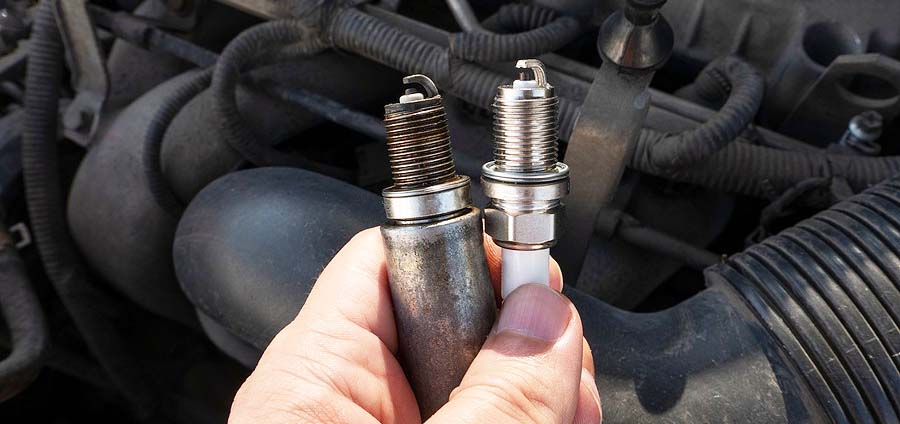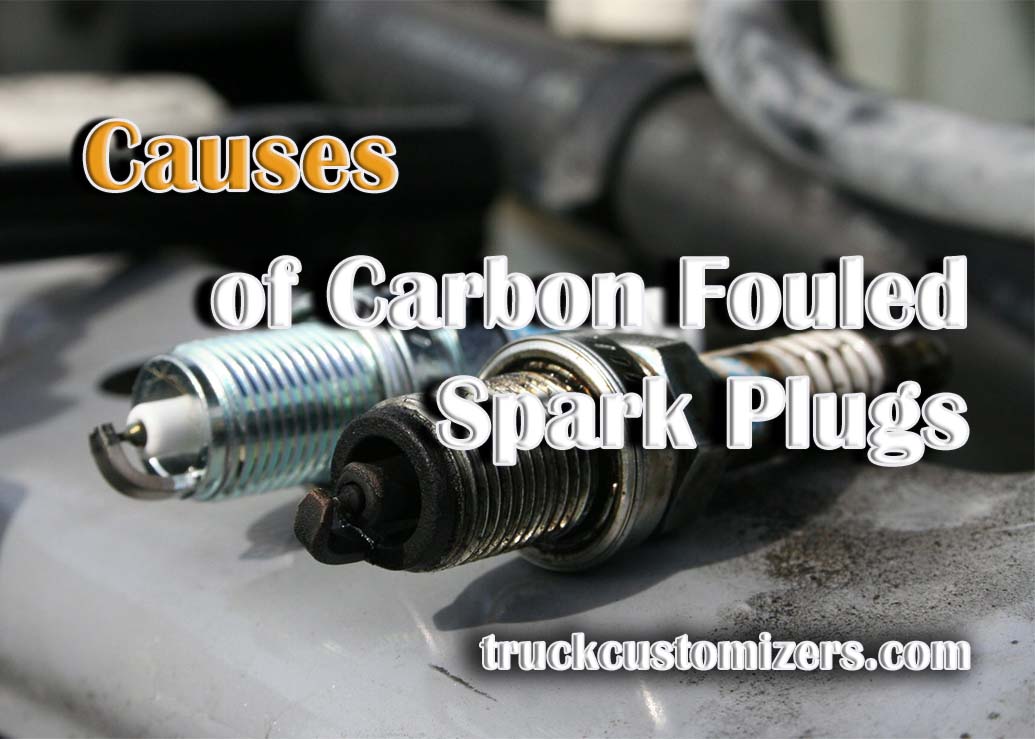Carbon fouled spark plugs are a common issue in many vehicles today. These plugs can cause a range of issues with your engine, including poor performance and reduced fuel efficiency. Understanding the causes of carbon fouling is the first step in preventing it from occurring and keeping your engine running optimally.
What is Carbon Fouling?
Carbon fouling occurs when carbon deposits build up on the spark plug’s electrodes, preventing them from properly sparking to ignite the air/fuel mixture in the combustion chamber. The buildup of carbon can reduce power output from your engine, as well as cause other issues such as misfiring or rough idle.
Common Causes of Carbon Fouling
There are several potential causes of carbon fouled spark plugs in cars, ranging from poor fueling to bad maintenance practices:
-
Poor Fuel Quality – Low-grade gasoline or ethanol-blended fuels can lead to an accumulation of carbon deposits on spark plugs over time. This is due to their higher levels of impurities which can leave residue behind when burned.
-
Oil Leaks – A leaking valve cover gasket or PCV valve will allow oil to enter into the combustion chamber and eventually end up being burned. This will cause a buildup of carbon deposits on the spark plugs. See here Best Oil for 4.3 Vortec.
-
Incorrect Spark Plug Gap – If the gap between the spark plug electrodes is too wide or too narrow, it can lead to misfiring and an excess of unburned fuel being deposited onto the plugs.
-
Excessive Idling – Long periods of idling can cause carbon fouling due to incomplete combustion of fuel which results in unburned particles being deposited onto the spark plug.
How Does Carbon Fouling Affect Performance?
When your spark plugs become carbon fouled, they are unable to ignite the air/fuel mixture as efficiently as when they are clean. This leads to poor performance and reduced fuel efficiency, as well as increased exhaust emissions and a rough idle. Additionally, it can put a strain on other components of your engine in order to make up for the loss in power output from the fouled spark plugs.

Prevention Tips for Avoiding Carbon Build-Up on Spark Plugs
It’s important to take preventive measures in order to reduce or even eliminate carbon build-up on your car’s spark plugs:
-
Use high-quality gasoline whenever possible – Opt for premium gasoline whenever possible and avoid using fuel with a high ethanol content.
-
Have your oil changed regularly – Keeping your engine oil fresh will help to reduce the risk of carbon buildup on spark plugs due to leaking valve cover gaskets or PCV valves.
-
Check spark plug gap regularly – Make sure that the gap between the spark plug electrodes is set correctly for your vehicle’s engine type.
-
Avoid long periods of idling – Whenever possible, try to avoid long periods of idling in order to prevent an excessive buildup of carbon deposits on your spark plugs.
Conclusion
Carbon fouling on spark plugs can reduce power output from your car’s engine and cause other problems such as misfiring or rough idle. It’s important to understand what causes this issue so that you can take preventive measures in order to avoid it, such as using high-quality gasoline and having regular maintenance done on your vehicle. Taking the time to make sure your spark plugs are clean will help to keep your engine running smoothly and efficiently.



